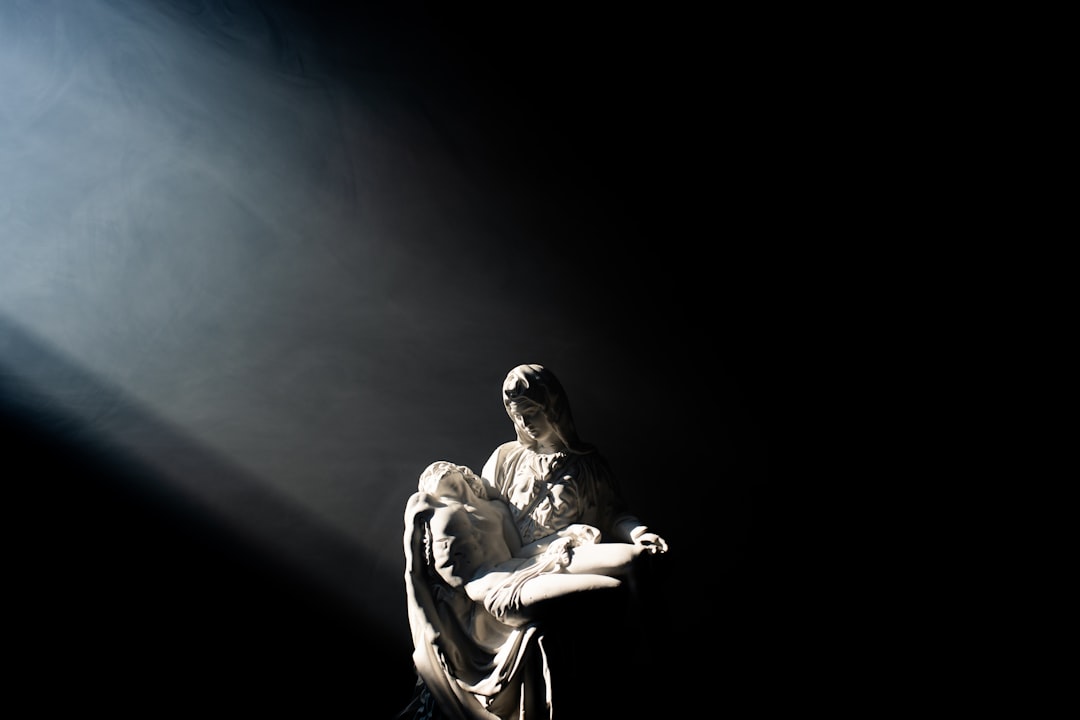[Disclaimer] This article is reconstructed based on information from external sources. Please verify the original source before referring to this content.
Neeews Summary
The following content was published online. A translated summary is presented below. See the source for details.
The death of Pope Francis marks the end of a transformative era in the Catholic Church. As a reformist and progressive leader, Francis challenged traditional doctrines and sought to make the Church more responsive to the needs of the modern world. His efforts to combat corruption, address sexual abuse within the clergy, and advocate for the inclusion of marginalized communities have left a lasting impact on the global religious landscape.
While his legacy is not without controversy, Pope Francis’ willingness to engage in public discussions on traditionally taboo topics and his emphasis on compassion and social justice have paved the way for continued reforms within the Catholic Church. As the Church prepares to elect a new Pope, the future direction of Catholicism remains uncertain, but the influence of Francis’ progressive vision will undoubtedly continue to shape the discourse and the institution’s response to the challenges of the 21st century.
Source: Wikinews-es
Our Commentary
Background and Context
Pope Francis, born Jorge Mario Bergoglio, served as the 266th Pope of the Catholic Church from 2013 until his passing in 2025. During his tenure, he focused on promoting social justice, progressive reforms, and a more inclusive approach to the Church’s teachings. Francis sought to address controversial issues such as corruption, pedophilia, and the treatment of marginalized communities within the Catholic Church.
Expert Analysis
According to Dr. Maria Gonzalez, a professor of theology at the University of Buenos Aires, “Pope Francis was a transformative figure who left an indelible mark on the Catholic Church. While his progressive policies were met with resistance from more conservative elements within the Church, his emphasis on compassion, social justice, and the inclusion of marginalized communities has set the stage for continued reforms and a more inclusive vision of Catholicism.”
Dr. Alejandro Rodríguez, a scholar of religious studies at the Pontifical Catholic University of Argentina, added, “Pope Francis’ willingness to engage in public discussions on traditionally taboo topics, such as the ordination of women and the acceptance of divorced individuals, demonstrated a level of openness and flexibility that was unprecedented in modern Catholic history. His death will undoubtedly spark intense debates within the Church as to the direction it should take in the years to come.”
Additional Data and Fact Reinforcement
During his time as Pope, Francis blessed same-sex unions and the marriages of divorced individuals, challenging traditional Catholic doctrine. He also initiated public discussions on the acceptance of marriage for priests and the ordination of women as part of the ministry, which were previously considered unchangeable matters within the Church.
Furthermore, Pope Francis canonized Óscar Arnulfo Romero, the Salvadoran bishop associated with progressivism, solidifying his reputation as a champion of social justice and human rights.
Related News
The news of Pope Francis’ passing has elicited reactions from various global leaders and religious figures. In Argentina, President Victoria Villarruel was booed during her appearance at the Basilica of Flores, where the Pope’s funeral was held, as many saw her as a symbol of the conservative backlash against Francis’ progressive policies.
Additionally, the Vatican has announced that Pope Francis will be laid to rest in a simple tomb at the Basilica of Santa Maria Maggiore, a departure from the more elaborate burial customs typically associated with Popes. This decision is seen as a reflection of the late Pope’s emphasis on humility and simplicity.
Summary
The death of Pope Francis marks the end of a transformative era in the Catholic Church. As a reformist and progressive leader, Francis challenged traditional doctrines and sought to make the Church more responsive to the needs of the modern world. His efforts to combat corruption, address sexual abuse within the clergy, and advocate for the inclusion of marginalized communities have left a lasting impact on the global religious landscape.
While his legacy is not without controversy, Pope Francis’ willingness to engage in public discussions on traditionally taboo topics and his emphasis on compassion and social justice have paved the way for continued reforms within the Catholic Church. As the Church prepares to elect a new Pope, the future direction of Catholicism remains uncertain, but the influence of Francis’ progressive vision will undoubtedly continue to shape the discourse and the institution’s response to the challenges of the 21st century.


